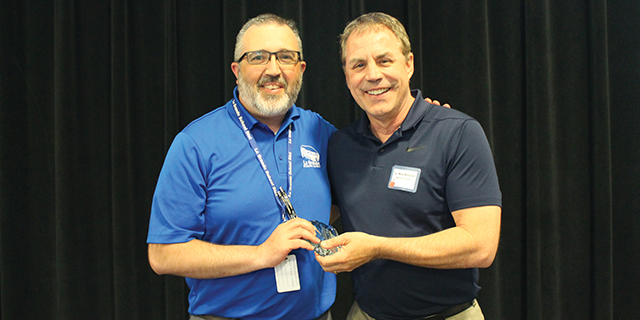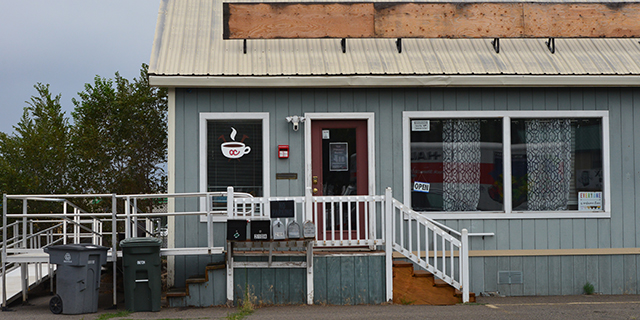It’s business as usual at local banks
Published 3:56 pm Wednesday, March 4, 2009
Despite the worst economic conditions in decades nationwide, banks in
Union County are by and large healthy and conducting business pretty
much as they always have.
That was a message heard at a recent Rotary Club luncheon Feb. 24
when three local banking executives brought club members up to date.
“We’ve bucked the national trend. Locally, it’s business as usual.
Nothing has changed,” said Craig Nightingale, commercial loan officer
for Banner Bank.
Nightingale, Community Bank CEO Tom Moran and Sterling Bank La Grande Branch Manager Tim Markham all agreed that sub-prime loans were at the root of the near-collapse of the nation’s banking system.
Moran said that as home prices escalated in recent years, many banks offered easy financing on terms many homebuyers could not keep up with. It was a recipe for large-scale disaster.
“Now we’re seeing the bottom fall out,” he said.
Big investment banks have had to accept bailout money from the federal government, but local banks never needed that kind of aid because they stayed away from sub-prime lending.
“Our local communities are reflective of how banking should be done,” said Moran. “Good banking is all about evaluating the risks and operating appropriately.”
The recession has been painful enough for Union County, with unemployment rates topping 10 percent in recent months. Still, the majority of home buyers have been able to live up to the terms of their contracts.
In Union County, the number of foreclosures hasn’t shown much of a rise. Markham said mortgage delinquency among customers at his bank runs less than 1 percent.
All three men said credit is available locally, though, as always, borrowers must meet income guidelines and have a good credit rating to qualify.
“We’re all doing loans,” said Markham. “In December, Sterling did $300 million in loans. The perception that nobody’s lending is incorrect.”
A problem, Moran said, is that consumers are very cautious these days. Fewer people are applying for loans, even though there is money to be had.
“The fact is, credit has always been available,” he said. “Banks are loaning money for RVs. The demand is what has stopped, and we have no control over demand.”
Moran cited a “domino” effect, a tumble that began with the housing industry crisis, extended to stock markets, and resulted in widespread job losses.
Even with the stimulus efforts undertaken by the Obama administration, Moran said it will take a good deal of time for the overall economy to recover.
“It’s going to be tough,” he said. “It’s going to take a while. Until consumers get their feet under themselves it’s going to be a hard time for the economy no matter how much money is crammed into banks.”





